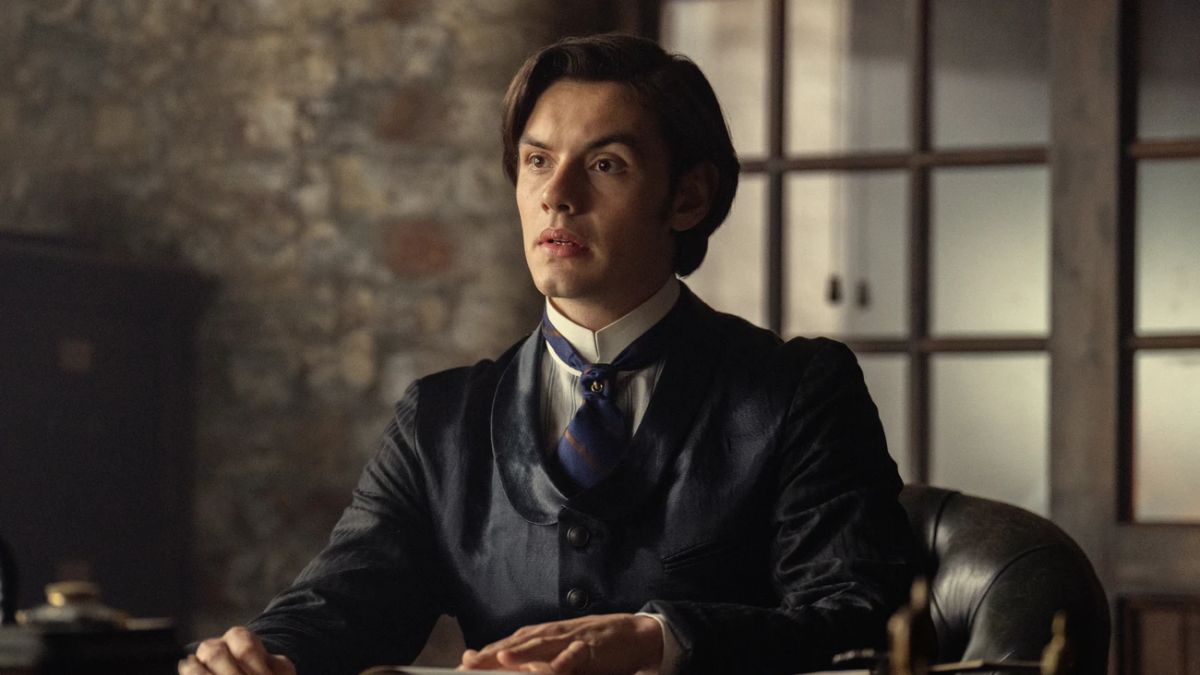Steven Knight, best known for creating Peaky Blinders and SAS Rogue Heroes, is taking on another piece of history with his new series, House of Guinness. This time, he is exploring the real-life story of the famous Guinness family.
The show features Anthony Boyle, Louis Partridge, Emily Fairn, Fionn O’Shea, and James Norton in leading roles. The plot follows the family across several years, focusing on how their lives are shaped by the details of their father’s will, the decisions they make along the way, and the politics of the period they are living in.
If you’ve seen Knight’s previous work, you’ll know he likes to mix real events with fictional storytelling to create something dramatic and gripping. That raises the big question with House of Guinness, how much of what we see is true history and how much is added drama for television? The series will explore that fine line, giving viewers both a glimpse into the real Guinness legacy and a story crafted for entertainment.
Is House of Guinness based on a true story?
Yes, the story at the heart of House of Guinness is based on real history. The siblings the series follows — Arthur, Edward, Anne, and Benjamin, were all real members of the Guinness family, and many of the side characters who appear in the show also lived during that time.
The drama is set in the 19th century, moving between Dublin and New York, and it begins right after the death of their father, Sir Benjamin Guinness. He was a major figure in the family’s history. His grandfather, Arthur Guinness, famously signed a 9,000-year lease for the brewery site back in 1759. But it was Sir Benjamin who expanded the business on a global scale and became the richest man in Ireland by 1855.
The series was inspired by an idea from Ivana Lowell, a real-life Guinness heiress. She teamed up with Steven Knight to bring the story of her ancestors to the screen. At first, she wanted the series to start as far back as the creation of the recipe for Guinness stout. But Knight chose instead to pick up the story after Sir Benjamin’s death in 1868, focusing on how the family carried on his legacy.
Speaking to the BBC, Knight explained that working with Ivana gave him access to more than just facts. She shared personal stories, the family’s energy, and even what he called their “slight madness.” He said meeting her was the best research possible, because it brought the Guinness family’s history to life in a way books alone never could.
How much of House of Guinness is based on real history?
The main figures in House of Guinness are all drawn from real members of the Guinness family, and many of the big public events shown in the series did happen.
Benjamin Guinness’s eldest son, Arthur, really did believe he would inherit full control of the brewery. But his father’s will forced him to share it with his brother Edward, which created tension between them. Their sister Anne was only left a very small inheritance, and instead of pursuing wealth, she dedicated herself to charity work, helping the poor and sick in Dublin. Their other brother, Benjamin, received little from the will because he was seen as unreliable and struggled with drinking.
The political side of the series is also rooted in history. Irish revolutionaries known as the Fenians genuinely did target the Guinness family’s business, which adds another layer of conflict to the story.
Of course, like most historical dramas, the show takes creative liberties. While the big events are real, the private thoughts of the characters, their personal conversations, and some of the behind-the-scenes drama are imagined for storytelling purposes. The series also introduces a completely fictional character, Sean Rafferty, played by James Norton. He is the brewery foreman and family fixer, and his role was created to inject more passion and conflict into the narrative. Ivana Lowell explained to the BBC that adding Rafferty gave the story the kind of tension and fire that makes it engaging to watch.


